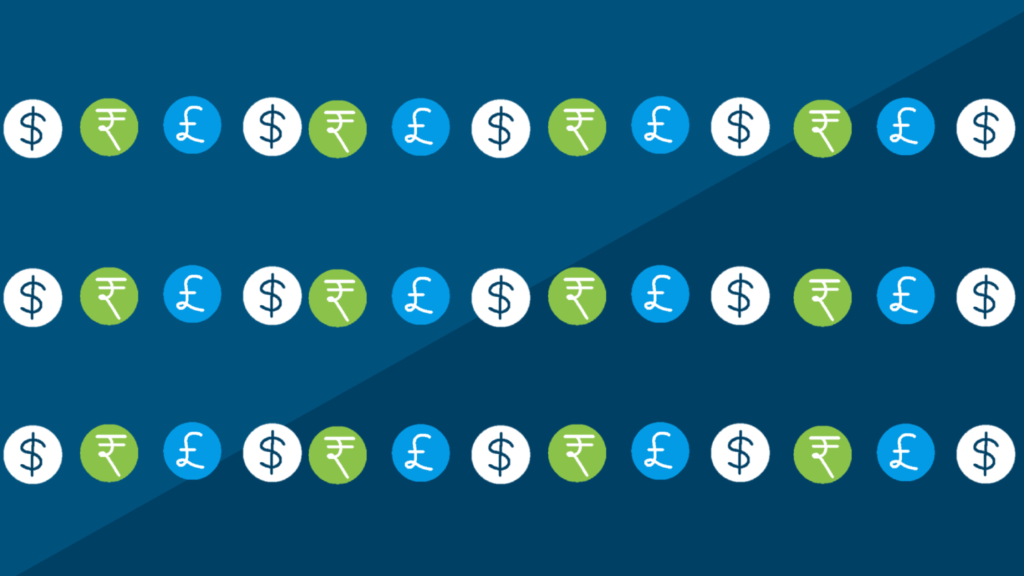
Most popular questions and answers
Navigating though various savings and investment options in the UK sometimes feels like navigating through a maze. Time and again I find myself asking the same questions which I thought I knew the answers to already.
I know I’m not the only person who has been here as I was asked to write about ISAs in simple, easy to understand language by several friends. I thought putting down on (e)paper these FAQs will also save myself some round trips to all the finance websites. I hope my readers too will find this useful!
a) What is an ISA (Individual Savings Account)?
Individual Savings Account (ISA) is a popular and tax-efficient savings and investment instrument in the United Kingdom. ISAs offer UK residents an opportunity to save and grow their savings in a tax-free manner.
b) What are the benefits of investing in ISA?
Tax Efficiency: One of the primary advantages of ISAs is the tax-free growth and income they provide. Unlike regular savings accounts or taxable investments, ISAs allow individuals to keep more of their earnings.
Flexibility: ISAs offer considerable flexibility in terms of switching between different ISA types without losing their tax benefits. You can have multiple ISA accounts and split your tax-free allowance among them. ISAs also offer flexible withdrawl (except LISA and Junior ISA)
Long-Term Wealth Building: By taking advantage of tax-free compounding over time, ISAs can significantly boost long-term wealth-building efforts.
c) Do I need to declare gains from ISA when I complete tax returns?
If you complete a tax return, you do not need to declare any ISA interest, income or capital gains on it.
d) What are different types of ISA?
- Stocks and Shares ISA
- Cash ISA
- Innovative Finance ISA
- Lifetime ISA (LISA) if you are 18 but under 40.
- Junior ISA (JISA) wherein you can save tax-free for your child/ren under 18.
e) How much can I invest in an ISA?
At the time of writing this article in a tax year,
You can save up to £20,000 in one type of ISA account or split the allowance across some or all of the other types.
You can only pay up to £4,000 into your Lifetime ISA.
You can only pay up to £4,000 into your Lifetime ISA.
You can save up to £9,000 in a Junior ISA.
f) How is Cash ISA different from Stocks and Shares ISA?
The most important difference according to me is the kind of returns you make.
Cash ISAs offer a fixed but lower interest rate whereas Stocks and Shares ISAs offer investing in a wide range of assets, including stocks, government bonds, corporate bonds, unit trusts, investment funds, exchange-traded funds (ETFs), etc. The returns are as per the underlying asset hence not fixed.
Stocks and Shares ISA can generate better returns than Cash ISA in long term.
g) Is the dividend earned in Stocks and Shares ISA tax-free?
Yes, any income like dividend or capital gains from investments in an ISA are tax-free.
h) Are Capital Gains made after selling Stocks and Shares ISA tax-free?
Yes, any income like dividend or capital gains from investments in an ISA are tax-free.
i) Tell me more about LISA.
You can save/invest in a Lifetime ISA to buy your first home or save for later life. You must be 18 or over but under 40 to open a Lifetime ISA. You can put in up to £4,000 each year, until you’re 50. The government will add a 25% bonus to your savings, up to a maximum of £1,000 per year.
For more information on LISA please see this gov.uk page.
j) Does LISA allowance counts in the £20,000 ISA allowance?
Yes, it does.
k) When can one withdraw money from their LISA?
You can withdraw money from LISA if you’re:
- buying your first home (house price under £450,000 and with mortgage)
- aged 60 or over
- terminally ill, with less than 12 months to live
In all other circumstances, you will incur a penalty of 25% on the withdrawal amount.
l) Is Junior ISA subscription allowance over and above the parent’s ISA allowance?
Yes.
m) Who can withdraw money from JISA?
Once the child turns 16, they can take control of the ISA. But they can withdraw only when they turn 18.
n) What type of ISA can one have under a LISA or a JISA?
You can have a Cash ISA or Stocks and Shares ISA or combination of both under a LISA or a JISA.
Important: Please note that this is not an investment advice or even recommendation. Please do your due diligence to understand what works better for your finances before choosing.
